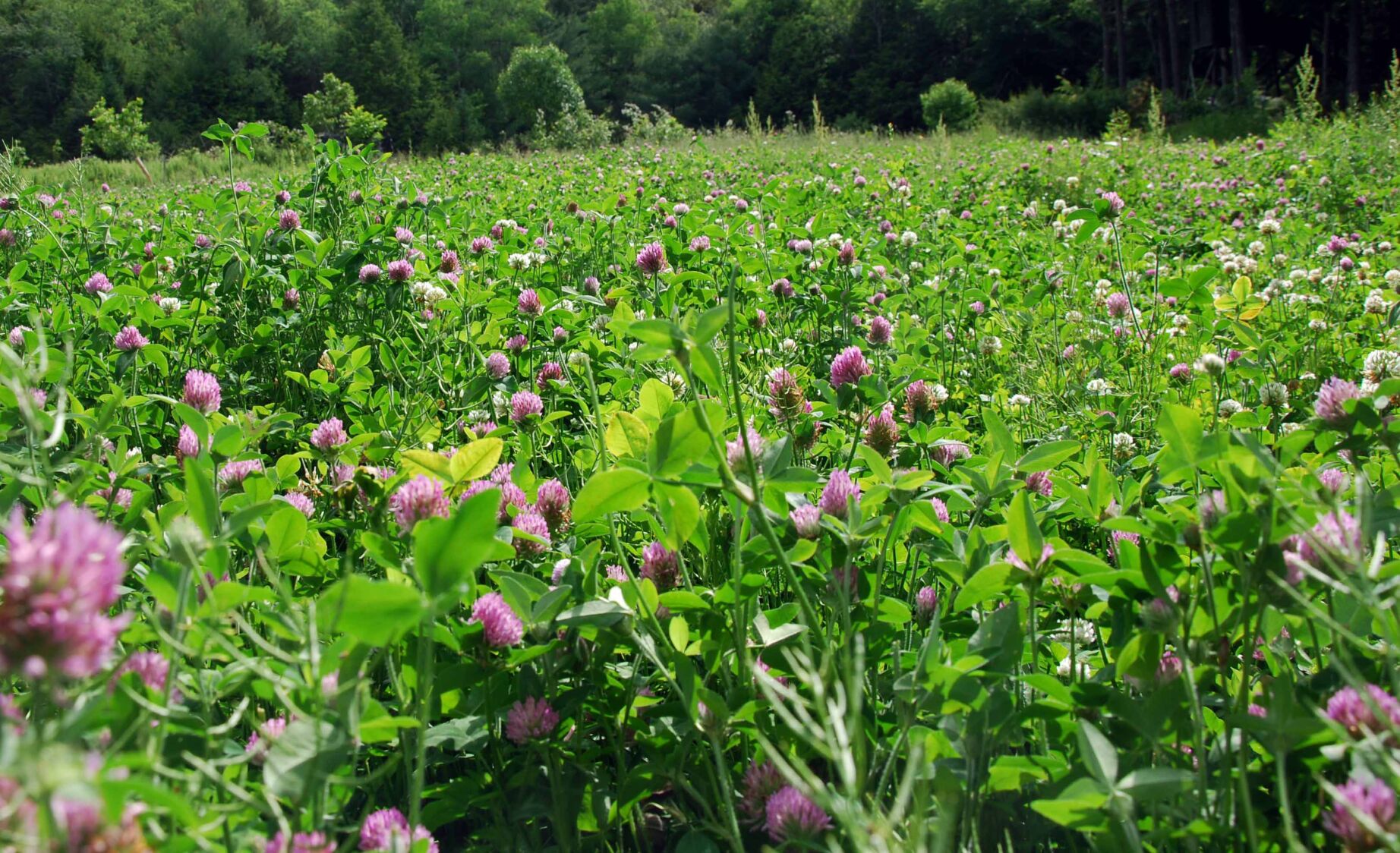Legumes offer multiple benefits for nutrient availability, forage quality

Often overlooked forages like legumes are in the spotlight any time Garry Lacefield, professor emeritus at the University of Kentucky, takes the stage. He preaches the numerous benefits of these power-packed plants and their unique abilities within the plant world and discussed the topic at the National Cattlemen’s Beef Association Virtual Winter Reboot in February.
The advantages of growing clovers and other legumes range anywhere from benefits in crop rotation to reduced animal toxicities to increased profit. However, the four major reasons to consider legumes are because they provide biological nitrogen fixation, improve forage quality, improve distribution of growth and increase forage yield. Lacefield said biological nitrogen fixation is one of the most important biological reactions in our plant kingdom.
“Clovers and legumes have the unique ability to use atmospheric nitrogen that exists as gas and has no value to plants until it is converted into a chemical form,” he said.
Lacefield said bacteria in the soil latch on to the roots of clover or legumes and as the plant starts to develop, little nodules start to form and it is in those nodules that the biological nitrogen fixation occurs.
“It’s a symbiotic relationship,” he explained. “The plant does something for the bacteria and the bacteria furnishes nitrogen for the plant. It depends on which species, how many acres and how long they grow, but clovers and other legumes can produce between 40 to 200 or more pounds of nitrogen per acre per year. Clovers and legumes are unique, because grasses can’t do this.”
Legumes are known for improved forage quality because if they are compared with cool season grasses, legumes are much higher in crude protein and digestibility than grasses. Additionally, legumes spend only 36 hours in the rumen compared to grasses, which spend 90 hours.
“This impacts how much an animal will consume and intake is a driving force in animal performance,” Lacefield said. “The legumes are digested and passed through the rumen much more rapidly, permitting a higher rate of gain.”
Additionally, he said in a conception rate study from Kentucky, cows experienced conception percentages of 89 to 92% when they were grazed in tall fescue mixed with clover, versus 72 to 75% when they were strictly grazing on tall fescue.
One common problem with cool season grasses is that they do not produce as well during the hot, dry months of summer. Lacefield said deep-rooted clovers like red clover, alfalfa or lespedeza grow better because of their root system and that helps to spread that production season out and can improve summer production, which improves forage availability during the summer slump period. By contrast, warm season grasses, such as Bermuda grass, grow better with hot weather, however, it does not start its growth as early in the spring, and it does not grow as late in the fall.
“If we come in and over-seed that with annual plants like rye, ryegrass, crimson clover or air leaf clover, that would help the production out and give a little more in late fall and winter and a whole lot more in late winter and early spring,” Lacefield said.
Lacefield only needs to cite one Kentucky study to prove legumes increase forage yield. In the study, researchers went into to fescue pastures and incorporated red clover with no nitrogen. To another three fescue pastures they added nitrogen at different rates: 0, 90 and 180 pounds per acre per year. In the second year, they went in and looked at total yields.
“The fescue with 0 pounds of nitrogen yielded 4,600 pounds of forage; the fescue with 90 pounds of nitrogen produced 7,600 pounds and the fescue with 180 pounds of nitrogen produced 9,900 pounds,” Lacefield explained. “For the red clover and fescue pasture with no nitrogen, the field produced 11,300 pounds of forage.”
Clovers and other legumes have certain abilities when it comes to nitrogen fixation, digestibility and nutrient depositing that farmers and ranchers can utilize for a natural and economical approach to soil improvement and forage investment.
Lacey Newlin can be reached at 620-227-1871 or [email protected].


